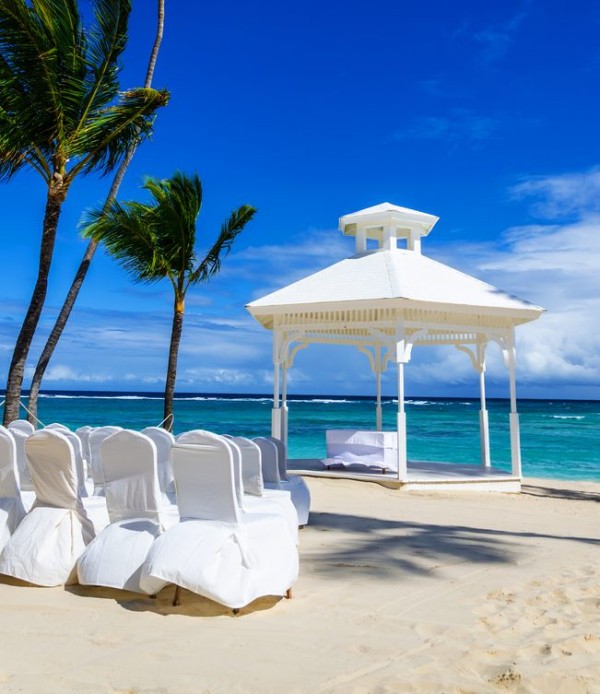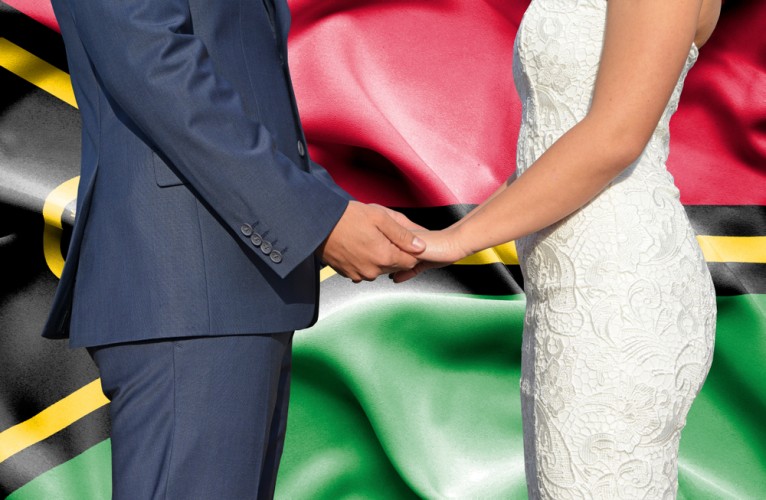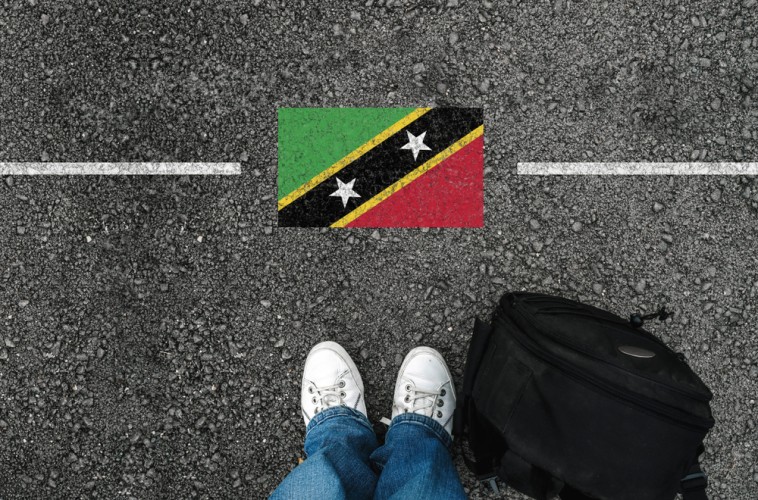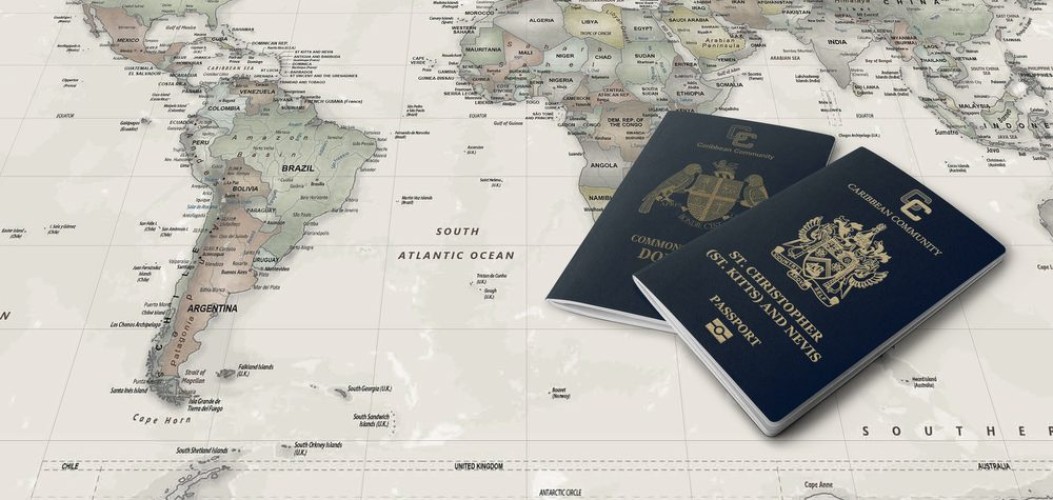Citizenship through marriage is literally when you get a passport by getting married on the certain someone from a desired country. Today, we’re going to look at how things work in the Dominica. We’ll talk about all the most important things: how it goes, what shadows you might face, what paper you’ll need, fees you’ll have to pay, and whether it’s worth it at all. Dominica attracts millions of tourists every year. People come from all over the world to experience its stunning nature reserves and beaches – even adroit divers are blown away by the coastal waters, not to mention the local forests, waterfalls and lakes.
Anyways, unions there are classified into two categories, each governed by specific frameworks:
- The first “civil marriages” entails the formal registration of the union directly with the government by the involved parties. In such instances, the officiant presiding over the ceremony is a designated government representative, typically a Notary Public.
- The second “canonical marriages” is characterized by the solemnization of the union by a Roman Catholic priest – in absolute accordance with the rites and traditions. Following the ceremony, the ecclesiastics assumes the responsibility of formally registering the marriage with the authorities, thereby ensuring its legal recognition.
One should probably know that the local laws do also recognize marriages between couples from different religions, in addition to Roman Catholic.
Benefits of Dominican citizenship
To get local citizenship through investment, you have to put 250,000 US dollars into the economy. This sum may seem high (in fact, it still is), yet it’s still one of the lowest figures for similar programs – in other countries. While not the lowest, it still remains relatively low.
This very scheme isn’t like the usual ones. For the 250,000$ you get a residence permit and *only* then the *chance* to acquire what is called Cédula de Identidad Personal, which is basically an identity card. With it, you get access to a better tax deal, but you still must be healthy, have enough money to reside, and have no criminal records – among other things.
There are also advantages from the economic proposition: citizens have the right to open bank accounts in local financial institutions, which provides greater mobility and convenience.
As we see it, it’s significantly more advantageous to diversify one’s resources across multiple avenues rather than concentrating them in a single location, as the latter approach may present considerable challenges. Finally, the status procedure itself is not complicated. It’s not like everything will be done remotely, but if you go for the monetary route, you won’t have to wait long – about a year tops.
Sure do, advantages extend beyond mere external and utilitarian benefits. Another notable one is the right to residence; the climate here is characterized by consistently warm weather throughout the year, making rest on the beaches a particularly pleasant thing to do. The beaches are renowned for their opulence: their snow-white appearance and crystal clarity are particularly noteworthy.
Eligibility criteria
The mandatory conditions for wedding are as follows:
- Both parties must have attained the age of 16 years or older. Otherwise, they must obtain consent – from a parent or judge.
- Neither spouse may be currently married to another individual or engaged in an existing registered partnership.
- The local law explicitly prohibits marriages between individuals who are closely related by blood or direct lineage: parents and children, grandparents and grandchildren, and siblings (whether full or half-blood).
Required documentation
To matter a marriage, foreign nationals are obligated to adhere to a series of requirements as of furnishing specific documentation – as delineated below:
- Passport, accompanied by copies of the biographical page.
- Copies of the entry stamps from the most recent arrival in the Dominican Republic.
- Evidence of legal residency. In the case of absence, an additional fee will be levied.
- A sworn affidavit, executed before a notary public, attesting to the single status and eligibility to marry. Note that it must subsequently be authenticated at the Attorney General’s Office. Also, it obliged to be legalized at the nearest Consulate.
- A copy of the birth certificate, accompanied by a translation. One must also bear in mind that it must have an Apostille.
- In cases where an individual has been previously divorced, a copy of the decree, along with its translation, must be submitted.
- The presence of two witnesses, who must not be related to either party, is mandatory.
Processing time and fees
Upon being married for a minimum period of six months, individuals become eligible to initiate the process of naturalization. What’s more, is that we’re talking about significantly reduced processing times compared to those observed in most other countries within the same region.
But do note that timings are different – they vary as the status switches. Like, the processing period for a residence visa by Marriage typically ranges from three to fifteen days, whilst permanent one generally spans between 45 to 90 days. Now let’s talk about fees.
The financial obligations exhibit a discrepancy in costs contingent on the residency status of the prospective couples.
Thus, in the event that the ceremony is conducted at the Civil Registry Office, non-resident foreign couples are obligated to remit $320, while those unions in which only one spouse is a non-resident foreign national must submit a payment amounting to $160.
For foreign couples residing within the country, the stipulated fee is $50. And should the ceremony take place outside the Registry Office, additional charges apply. In such cases, non-resident couples are required to pay $320, mixed resident/non couples are charged $240, and foreign twosomes are required to pay $160. By the way, just in case you still have some misunderstandings, you may get comprehensive information on the process at the official website of the US Consulate in the country – usembassy.gov/location/dominica/
FAQ
Yes. Marriage to a Dominican citizen can make you eligible for naturalization. After being legally married for at least six months, you may begin the process of applying for citizenship.
Dominica recognizes two main types of marriage:
- Civil marriages, registered directly with a government official (typically a Notary Public).
- Canonical marriages, performed by a Roman Catholic priest in accordance with religious rites and then registered with the civil authorities.
Yes. Dominican law recognizes both interfaith marriages and those between individuals of different or no religious backgrounds.
- Both parties must be at least 16 years old (parental or judicial consent is required for minors).
- Neither party can be currently married or in a registered partnership.
- Marriages between close blood relatives are prohibited (e.g., siblings, parents and children, grandparents and grandchildren).
Yes. Investment citizenship requires a $250,000 contribution and follows a separate process, starting with a residence permit and then leading to an identity card (Cédula de Identidad Personal).






